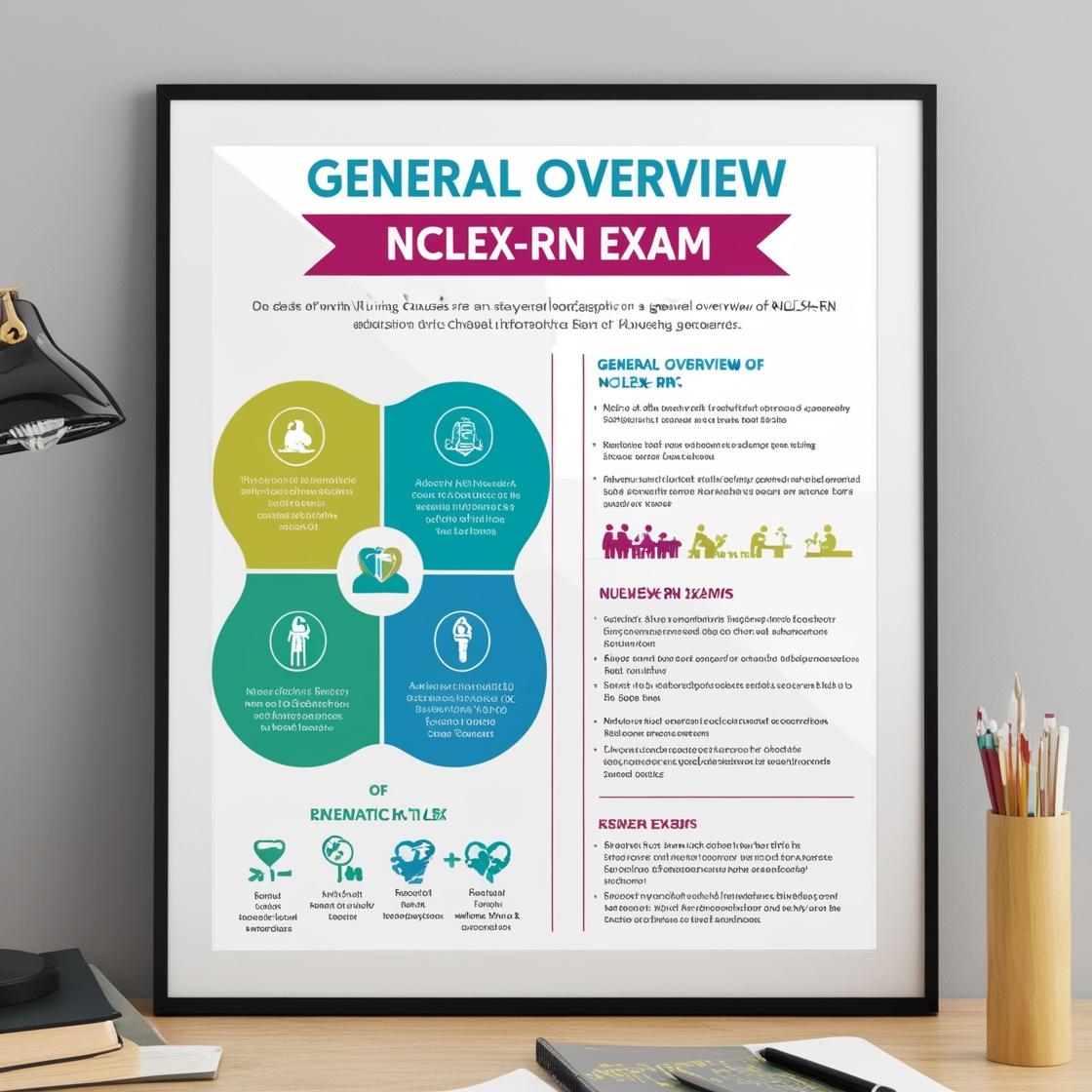NCLEX-RN
Psychosocial Integrity NCLEX PN Questions
1. Which intervention should the nurse use for a client who hallucinates, yells, and curses throughout the day?
- A. Ignore the client's behavior if the client is not harming anyone.
- B. Isolate the client until the behavior decreases or stops.
- C. Explain how the behavior affects other people on the unit.
- D. Seek to understand what the behavior means to the client.
Correct answer: D
Rationale: When a client experiences hallucinations, yells, and curses, it is essential to seek to understand the underlying meaning of their behavior. All behavior has significance, and understanding the client's perspective can guide appropriate interventions. Ignoring the behavior may exacerbate the situation and isolating the client could lead to increased anxiety and further acting out. Explaining the impact on others is not helpful in this scenario as the client is not intentionally hallucinating; yelling and cursing are responses to the hallucinations.
2. The client is in the maintenance stage based on the transtheoretical model of health behavior change. Which stage is the client in?
- A. Action
- B. Preparation
- C. Maintenance
- D. Contemplation
Correct answer: C
Rationale: The client is in the maintenance stage of human behavior change. During this stage, the client has successfully incorporated the changes into their lifestyle. The maintenance stage typically begins 6 months after the action stage and continues indefinitely. The action stage lasts for 6 months from when the client initially incorporates the changes. In the preparation stage, the client starts realizing that the benefits of change outweigh the disadvantages and starts making small changes to prepare for major changes in the following month. The contemplation stage involves the client considering whether to make changes in the next 6 months. Therefore, in this scenario, the client's consistent adherence to the diet and exercise program for 8 months places them in the maintenance stage of behavior change.
3. A client injured in a motor vehicle accident was brought to the emergency department and taken immediately for a scan. The client's family arrives and asks about the client's condition. Which response would the nurse provide?
- A. Please do not worry; everything will be all right.
- B. I am sorry; I do not have any information about the client.
- C. You will have to wait for the primary health care provider.
- D. Please wait; I will update you as soon as I have any information.
Correct answer: D
Rationale: In this situation, the most appropriate response for the nurse to provide to the client's family is to assure them that they will be updated as soon as there is relevant information available. This response not only acknowledges the family's concern but also demonstrates the nurse's commitment to keeping them informed. Option A, providing false reassurances, is not advisable as it may impact the family's ability to cope with potential bad news. Option B, stating that the nurse has no information, is not helpful and can cause distress. Option C, directing the family to the primary health care provider, is not ideal as the nurse should strive to communicate directly with the family to establish trust and provide support.
4. Which risk factor for suicide is considered the most lethal?
- A. History of alcohol and drug abuse
- B. Previous high-lethality suicide attempts
- C. Recent withdrawal from friends
- D. Disturbance of family dynamics
Correct answer: B
Rationale: The correct answer is 'Previous high-lethality suicide attempts.' This is the most lethal risk factor as it indicates that the individual has previously attempted suicide in a manner that could lead to death. This history increases the likelihood of future attempts. While substance abuse, like alcohol and drug use, is a significant risk factor for suicide, it is not considered the most lethal. Withdrawal from friends or social isolation can contribute to suicide risk but is not as directly deadly as high-lethality attempts. Disturbance of family dynamics can also be a stressor but does not represent the immediate lethality associated with a history of high-lethality suicide attempts.
5. A client recently had an abdominoperineal resection and colostomy. While the nurse changes the dressing, the client states, 'You think that it looks repulsive.' The nurse identifies that the client is using which defense mechanism?
- A. Projection
- B. Sublimation
- C. Compensation
- D. Intellectualization
Correct answer: A
Rationale: The correct answer is Projection. Projection is the defense mechanism where unacceptable feelings and emotions are attributed to others. In this scenario, the client is projecting their own feelings of repulsion onto the nurse. Sublimation involves substituting socially acceptable feelings to replace threatening ones. Compensation refers to overachievement in a different area to cover up a weakness. Intellectualization is the use of mental reasoning to avoid facing emotional aspects of a situation.
Similar Questions

Access More Features
NCLEX RN Basic
$69.99/ 30 days
- 5,000 Questions with answers
- Comprehensive NCLEX coverage
- 30 days access @ $69.99
NCLEX RN Premium
$149.99/ 90 days
- 5,000 Questions with answers
- Comprehensive NCLEX coverage
- 30 days access @ $149.99
